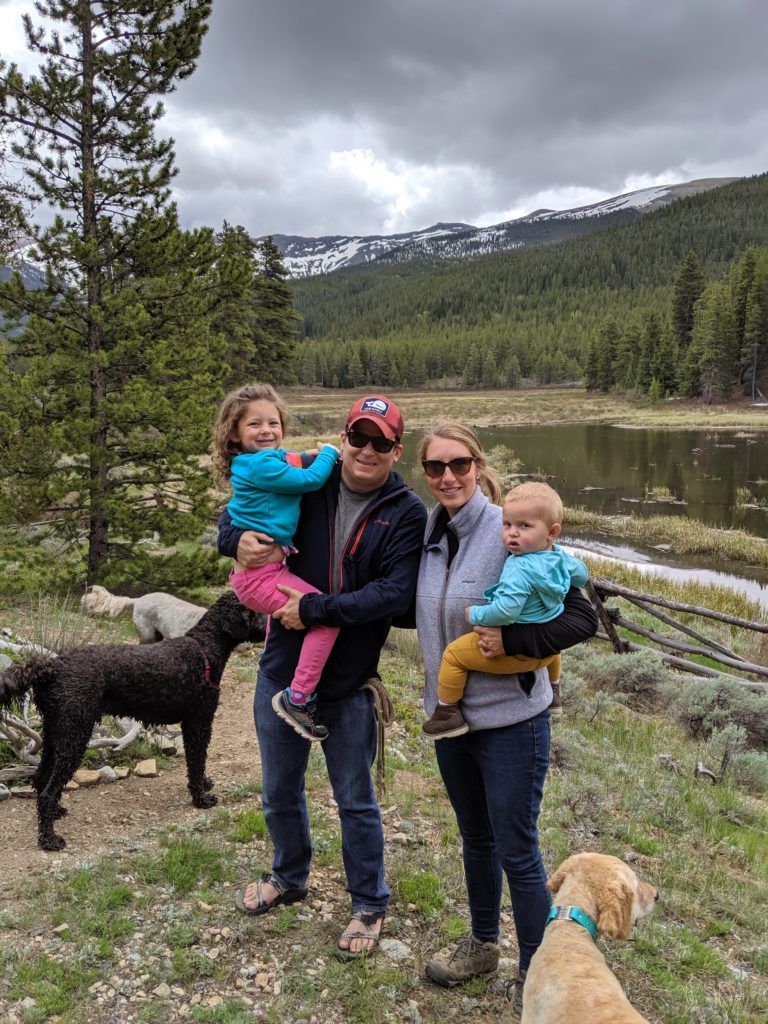
Matthew Shedden grew up in the Chicago Suburbs and left at the age of 18 to attend Fort Lewis College in Durango, CO. There he met his wife Kelli, and finished a degree in history before moving to Seattle to attend the Seattle School of Theology and Psychology where he received an MDiv. They then moved to rural Oregon where he worked and learned as an associate pastor for 6 years.
When given the chance to move back to Colorado they jumped at the chance to lead Defiance Church. When he’s not working or reading at the church, you’ll find him on the river fly-fishing or on the slopes skiing and enjoying the wonderful area he, Kelli and their two kids live in.
How would you describe the area your church is in?
Rural (10,000)
How would you describe the journey of pastoring Defiance Church? What have been some of the milestones/different seasons?
Pastoring Defiance Church has been an exciting journey. After starting with 10 people and being given the charge to replant or reenergize the church we’ve tackled a lot of challenges. The congregation has been flexible and generous with new ideas and new life and we pray in continues into the future.
Looking back, what do you know now you wish you had known when you first started at Defiance?
I wish I had know how slow it would be, how small 10,000 people really is, and that the highs don’t last long and the lows should last shorter.
As you think about what you’ve been able to do so far in ministry there what are some things you have done/tried that have worked well?
We’ve worked hard at NOT trying a lot of things. Our goal has been to keep the structure and the work of church simple. I joke that our slogan could be “Church -(or worship) we believe it works. So that’s something that’s worked really well for us.
What hasn’t worked so well? What have you had to rethink/reimagine/rework?
I think many of the missional ideas and strategies haven’t worked well because they came as programs. Now I’m trying to get back the change in disposition to life over a set of programs.
What is one failure you experienced and what did you learn from it?
The biggest error I’ve made is trying to restart our leadership structure without a new structure in place. I’ve learned that as much as I take on the work of the church, I still need others around me.
What is something you’ve been hearing from or learning from God in this last season of leading?
Don’t go alone and take a breath to enjoy the view.
What do you dream/hope/pray Defiance Church looks like in five years?
I’ve long looked at our church as a well instead of a community pool. So instead of being big and wide with plenty going on, we pray and hope to be drawn deeper into the life of the Father, Son, and Holy Spirit.







